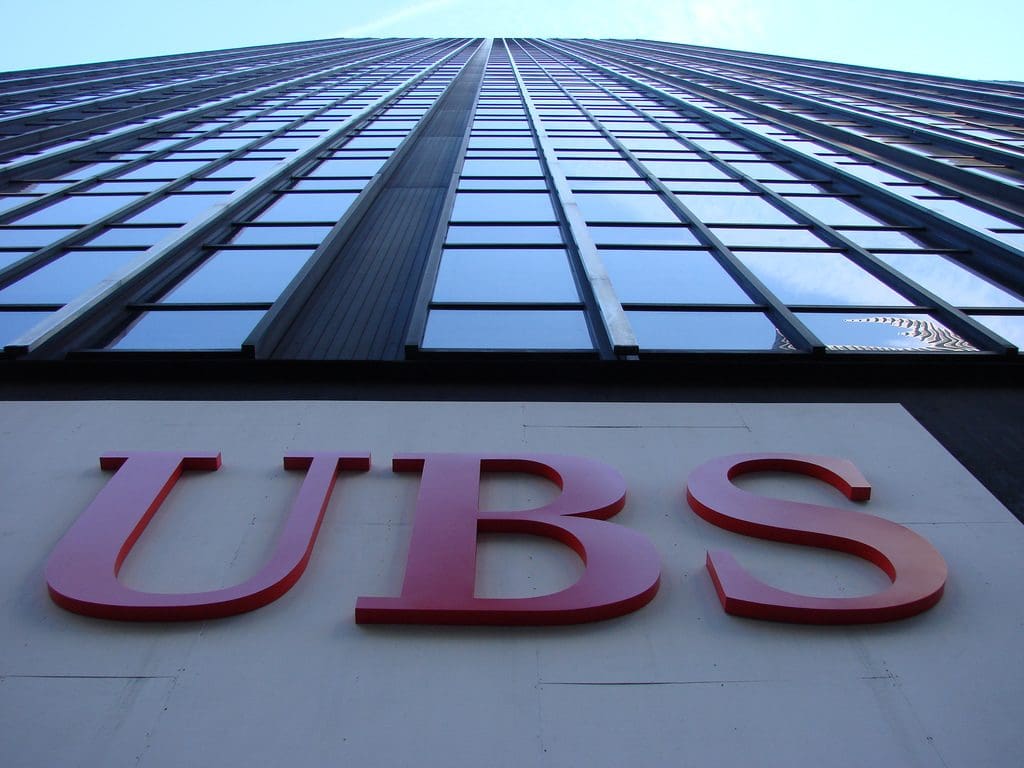A few minutes ago, Bloomberg announced that UBS is buying troubled rival Credit Suisse for the equivalent of $3.2 billion in a deal brokered by the Swiss government. The transaction is probably rightly being called hístorical. The Credit Suisse crisis has nothing to do with crypto like the U.S. collapsed Silicon Valley Bank or Signature Bank. Credit Suisse perfectly represents the broken traditional banking system.
UBS Group agreed to buy Credit Suisse in a historic, government-brokered deal to contain a crisis of confidence that threatened to spread across global financial markets. According to people with knowledge of the matter, the Swiss bank is paying more than $2 billion for its rival. It will be an all-share deal, priced at a fraction of Credit Suisse’s price at the close on Friday when the bank was valued at about 7.4 billion francs ($8 billion).
As in the U.S., the actions of governments and regulators in the current banking crisis are not really comprehensible. The deals and safeguards are not explained, market mechanisms are suspended at will, the game’s rules are changed, and ultimately the market is reduced to absurdity. That’s what we call dirty.
In the last ten years, after the 2008 Lehman crisis, banks have mainly benefited from central banks’ cheap and infinitely available money. The Covid-19 crisis brought this inflationary behavior of central banks to a climax. The truth is that the FIAT monetary system and most banks are broken. But bankers and regulators point their fingers at crypto.
The reports of bad things in crypto carried through the media are nothing compared to the real problems of the traditional banking system. But the political establishment refused to recognize that.
